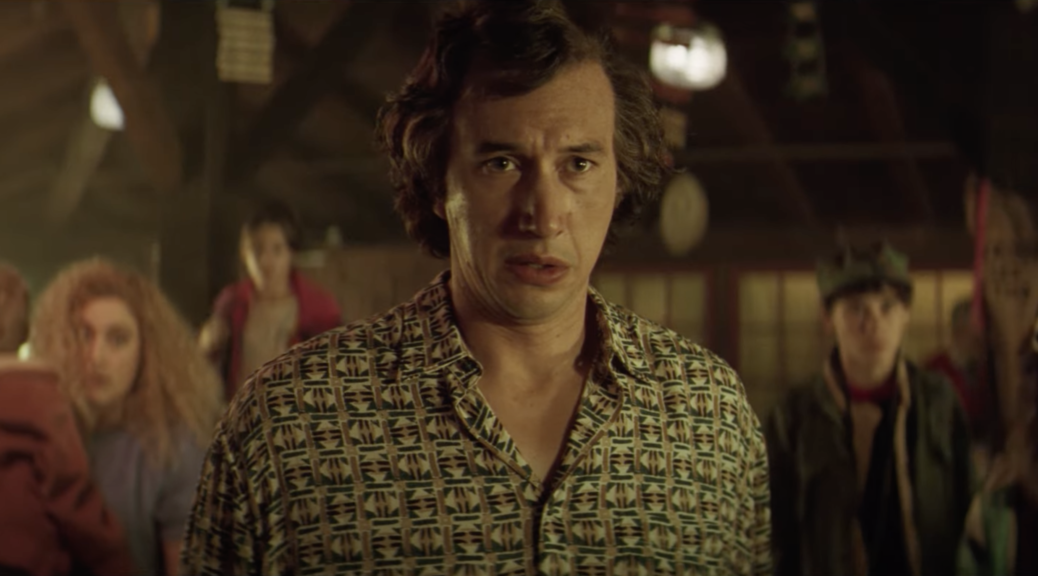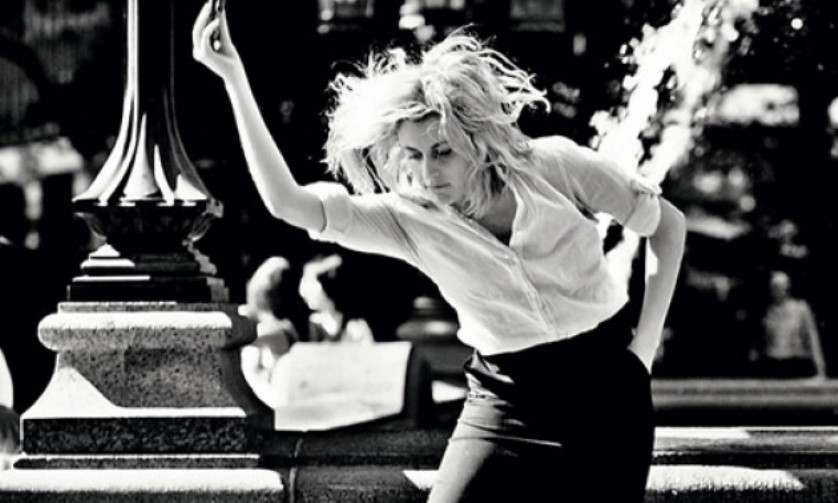Barbie
by Hope Madden
The world today is split. On the one hand there is a rabid sect donning their finest sparkles in anticipation of Margot Robbie’s Barbie. On the other hand, there are those who cannot believe people are this unreasonably geeked over a movie about Barbie.
And then there are the Greta Gerwig fans, who perhaps have a complicated but mostly contemptuous relationship with the doll but will nonetheless stride through the pink boas and tiara glare to soak up whatever glorious wonder the filmmaker has to give us.
That was me, that last one. I’ve come to witness Gerwig’s hat trick.
Barbie, which director Gerwig co-wrote with Noah Baumbach (that slouch), delivers smart, biting, riotous comedy with more whimsy than anything this politically savvy has any right to wield.
It’s a role Robbie was clearly born to play. Barbie’s endless run of perfect days actually ends, and she has to seek the advice of Weird Barbie (Kate McKinnon, perfection). You’ve seen the ads – she has to go to the real world to solve her problem. But there’s one hiccup. (That’s not true, there are plenty of them, but it all starts with this first one.) Ken stows away in the back of the Barbie Dream Car.
Ryan Gosling, the man behind the tan, plays Existential Crisis Ken and it’s possible he’s never been better. That’s a big statement because he was nearly perfect in Drive. Also, The Nice Guys. Also, Half Nelson. Plus, Blue Valentine.
He’s good. This is my point. But his Ken delivers all the self-effacing humor of The Nice Guys with sincere pathos and a vacuous tenderness it’s hard to describe.
And my god, that dance number!
Simu Liu, Michael Cera, Issa Rae and Alexandra Shipp also get to carve out some funny screentime, but the whole cast shines. Barbie does not work without a tightrope of a tone, and everyone walks it with their heels off the ground.
Gerwig’s lack of cynicism may be the thing that shines brightest in all three of her films. Lady Bird was the most open and forgiving coming of age film I’ve ever seen, and also probably the best. Who on earth thought we needed another Little Women until Gerwig mined it for the gorgeous feminism that always drove it?
Barbie is a brilliantly executed, incredibly fun, brightly colored, completely logical feminist statement that should be remembered come awards season.









